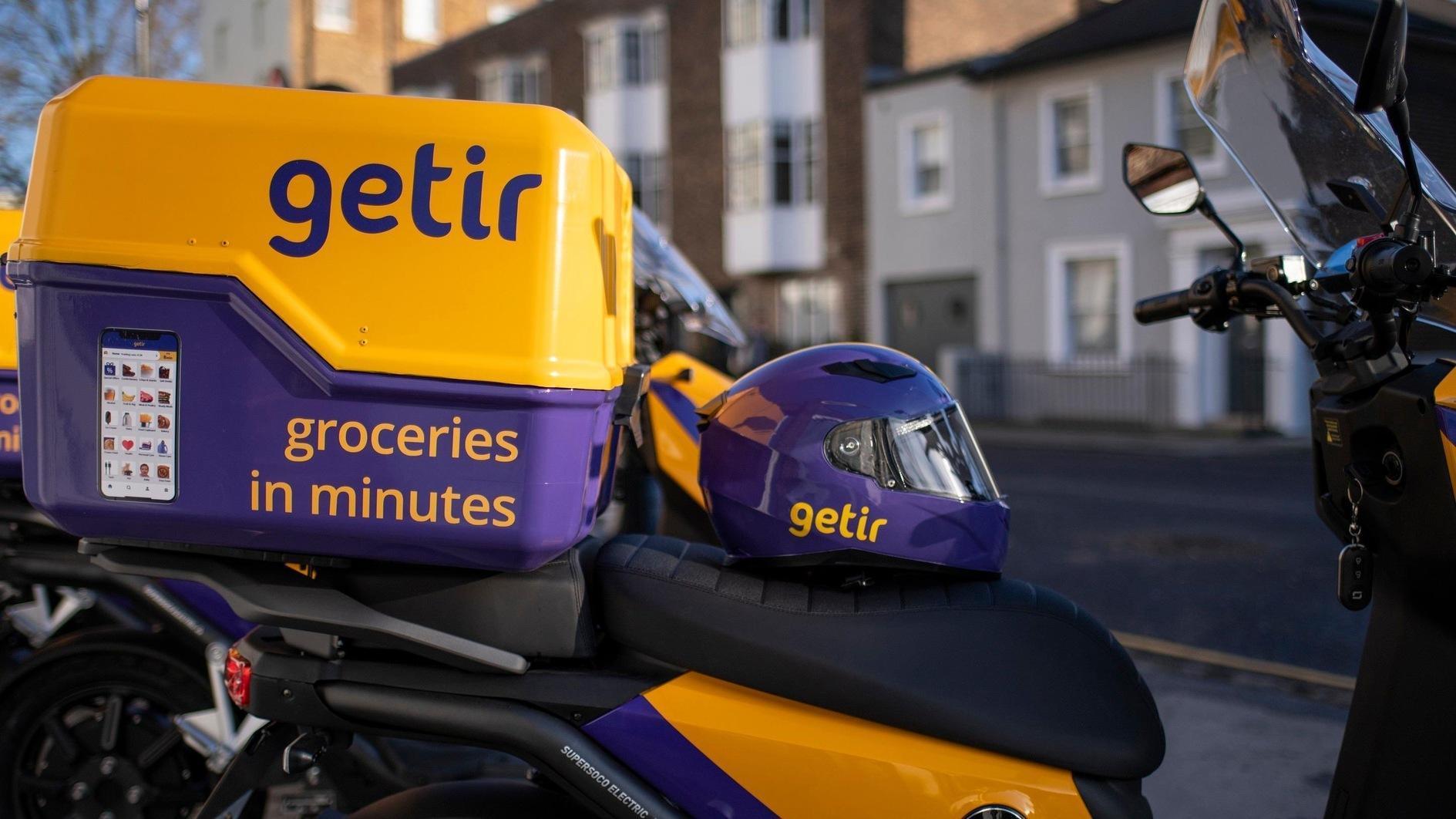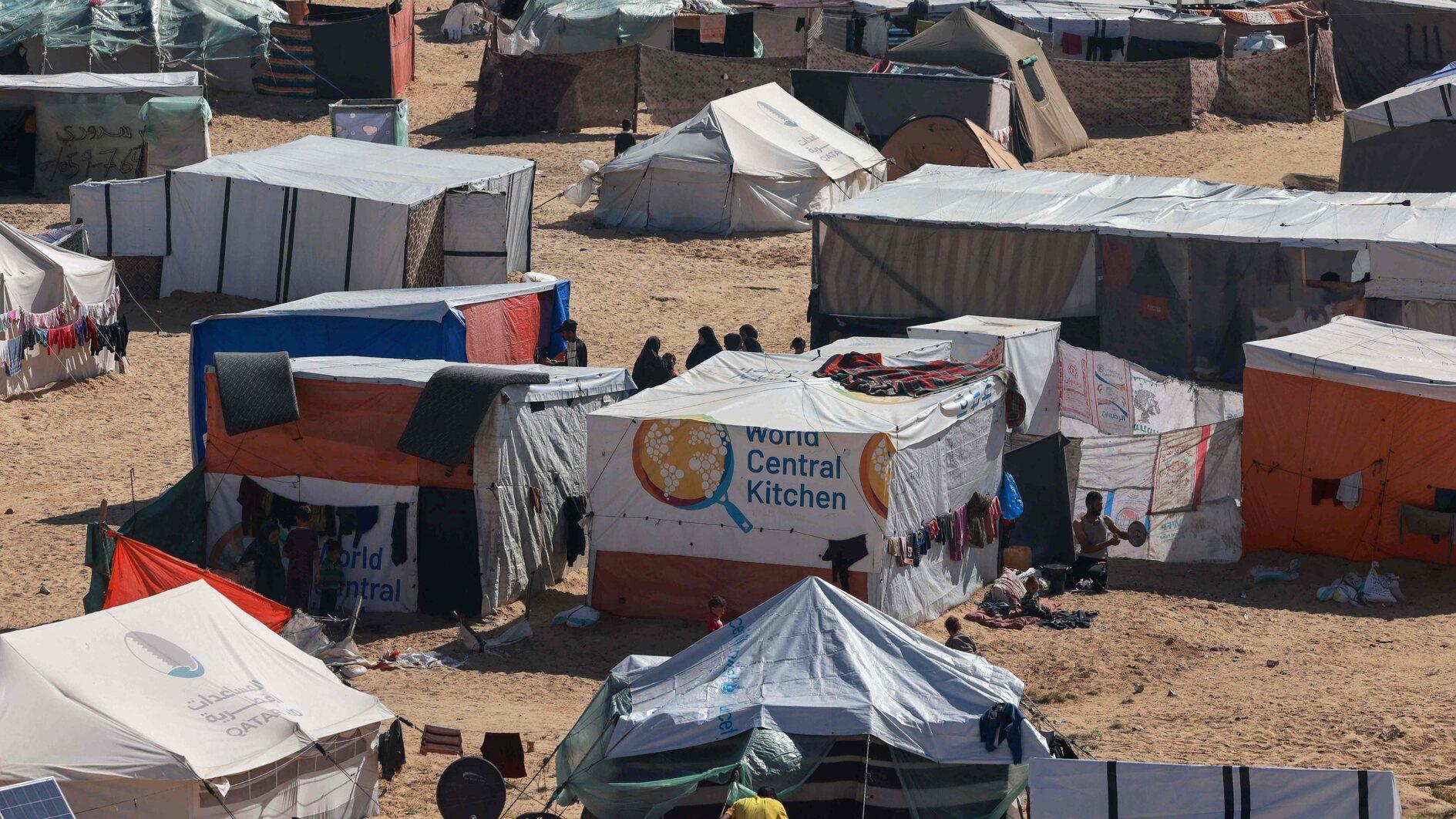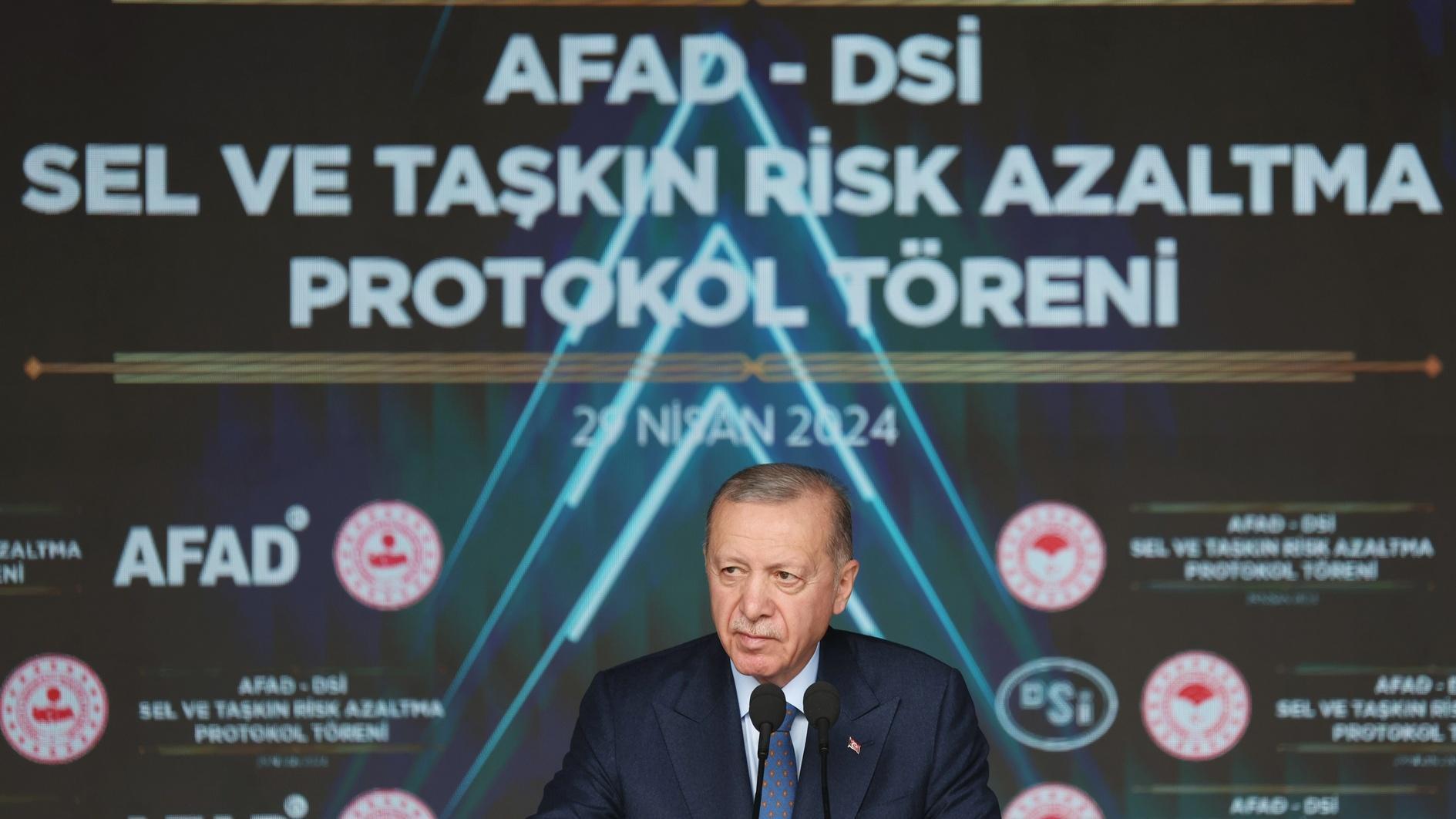Turkish PM’s move could risk coalition talks
Turkish Prime Minister Ahmet Davutoğlu made an unexpected move while answering reporters’ question on his way back from Bosnia on July 11 regarding the coalition talks to start this week.
He said all parties other than his Justice and Development Party (AK Parti) had no chance of getting close to a one-party government if there were to be a repeat election, according to recent research, so it was not the AK Parti which was in need of a coalition.
Recent research has indeed shown there might be no radical change in the results of the June 7 election if it is repeated because of a failure to form a coalition government, and the AK Parti seems to be the closest to the 276-seat limit in the 550-seat parliament; it is only 18 seats away.
There is of course no guarantee for Davutoğlu that they could close the gap easily, even if they get into election cooperation with the Felicity Party (SP)-Great Union Party (BBP) Islamist alliance, which got some 2 percent on June 7.
But the real damage of those words could be to the coalition talks this week, since all other parties could find them degrading; they are greatly enthusiastic to be partners with the AK Parti anyway.
Throughout the election campaign, the social democratic Republican People’s Party (CHP), the Nationalist Movement Party (MHP) and the Kurdish problem-focused Peoples’ Democratic Party (HDP) accused the AK Parti of corruption, misconduct and also paving the way to a strong presidential system with risks of becoming a one-man rule for President Tayyip Erdoğan.
Kemal Kılıçdaroğlu of the CHP for example said it would be “very difficult” for them to trust and come to terms with the AK Parti, and even if so, he might not want to be a member of such a “grand coalition” government. Kılıçdaroğlu suggested in an interview with Vatan newspaper that the “easiest” one would be an AK Parti-MHP coalition.
Devlet Bahçeli of the MHP thinks the other way around. He said the best solution might be an AK Parti-CHP coalition if a partnership of the AK Parti with the HDP was not possible. The second option is a sort of trap for Davutoğlu, since Bahçeli wants him to stop the Kurdish peace bid at once as a prime condition for a coalition; there is a competition over the Islamist-nationalist grassroots between the AK Parti and the MHP.
On the other hand the HDP, which had been mediating between the government and the outlawed Kurdistan Workers’ Party (PKK) up until the beginning of the election campaign in April, has said it is open to all “direct or indirect” suggestions by the AK Parti. “But obviously,” its co-chairwoman Figen Yüksekdağ told Hürriyet, “The AKP doesn’t want a partnership with us,” mainly because of its competition with the MHP, which could work against Davutoğlu if there would be re-elections.
The PKK on the other hand has threatened the outgoing government to end the cease-fire if the talks are not resumed; that already forces Davutoğlu between a rock and a harder place.
His move, which is likely to make the other leaders not very happy, could make the coalition talks more difficult and increase the probability of a re-election.











